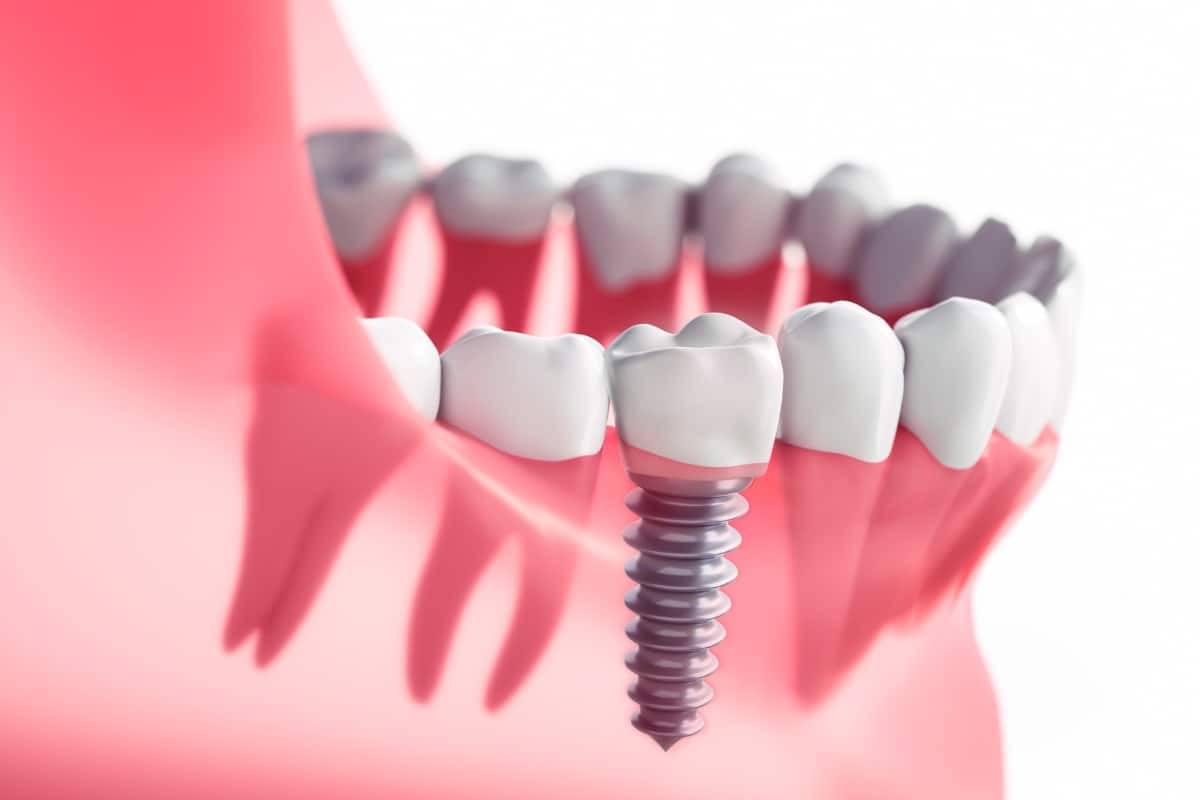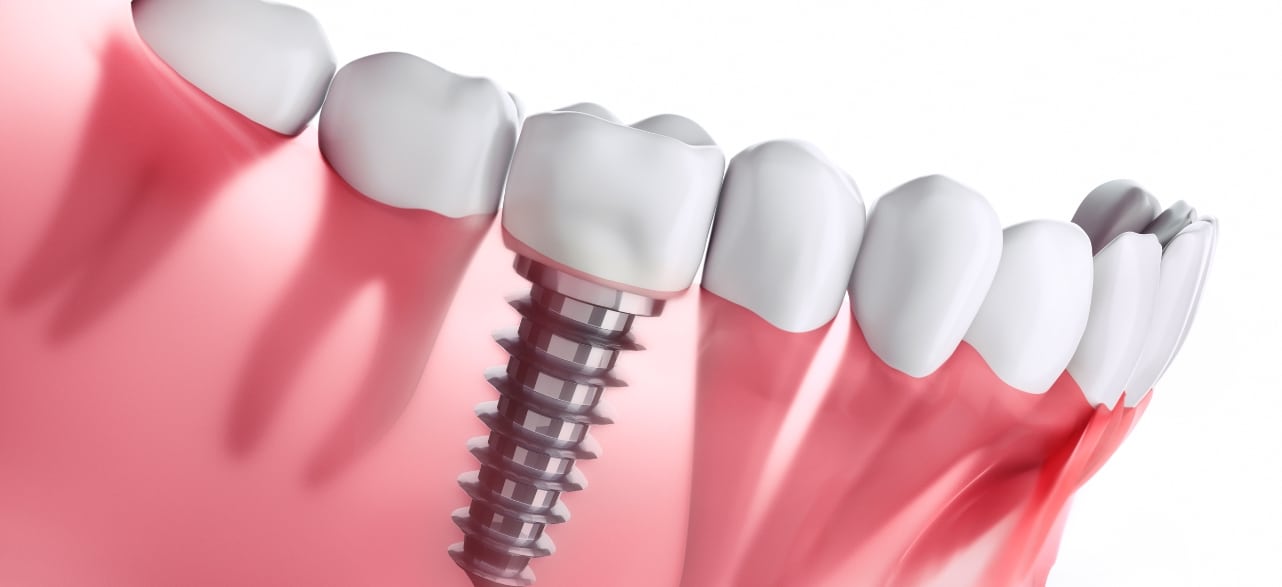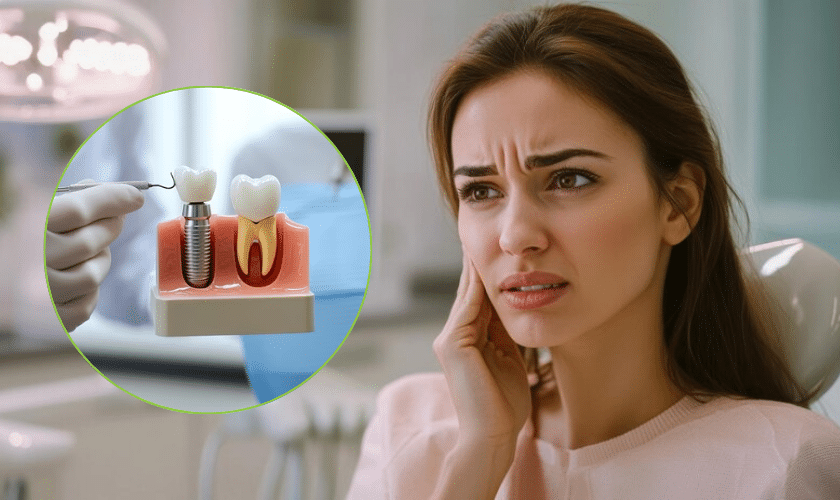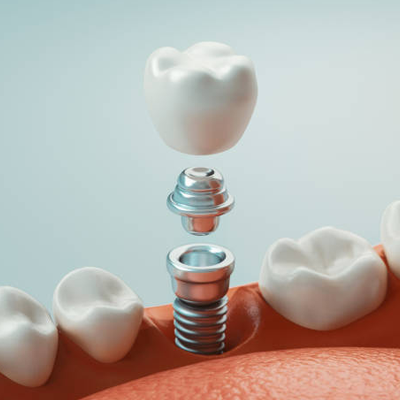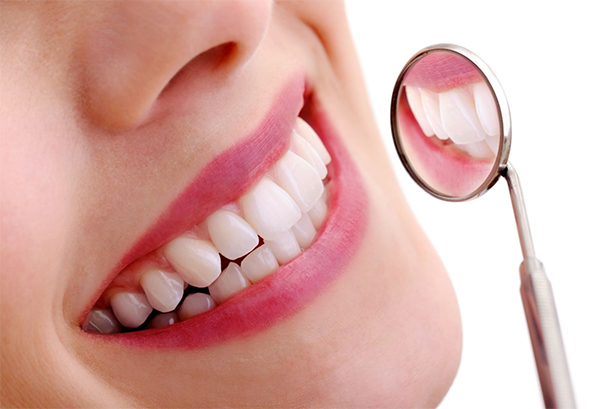
What Can I Eat After Dental Implant Surgery
Dental implant surgery is a significant procedure that requires proper care and attention, especially during the recovery period. One crucial aspect of post-operative care is your diet. What you eat after dental implant surgery can greatly impact your healing process. In this guide, we’ll explore the best foods to eat after dental implant surgery, ensuring both comfort and nutrition during your recovery journey.
Understanding Dental Implant Surgery:
Before delving into dietary recommendations, let’s briefly understand what dental implant surgery entails. Dental implants are prosthetic tooth roots that are inserted into the mandible to hold up dentures. During the procedure, the gums are cut, the jawbone is drilled, and the implants are positioned. While it’s a common and generally safe procedure, proper aftercare is essential for successful healing.
Why Diet Matters:
After dental implant surgery, your mouth needs time to heal. During this period, certain foods can aid in the healing process, while others may hinder it. A nutritious diet promotes tissue regeneration, reduces the risk of infection, and minimizes discomfort. Additionally, soft and easy-to-chew foods prevent unnecessary strain on the surgical site, promoting faster recovery.
Recommended Foods:
Soft Foods:
Opt for soft foods that are gentle on your gums and easy to chew. Examples include mashed potatoes, smoothies, yogurt, oatmeal, scrambled eggs, and soup. These foods provide essential nutrients without causing discomfort.
Protein-Rich Foods:
Protein is essential for immunological response and tissue repair. Incorporate protein-rich foods such as soft-cooked chicken, fish, tofu, beans, and protein shakes into your diet. These options support healing and promote overall health.
Fruits and Vegetables:
While raw fruits and vegetables may be challenging to eat immediately after surgery, cooked or blended options are excellent choices. Consider steamed vegetables, fruit smoothies, applesauce, and mashed bananas. These options provide vitamins, minerals, and antioxidants vital for healing.
Dairy Products:
Dairy products like milk, cheese, and yogurt are rich in calcium and vitamin D, essential for bone health. Choose soft varieties that are easy to consume, such as yogurt or cottage cheese. These dairy products contribute to both your dental and overall well-being.
Hydration:
Staying hydrated is crucial for your recovery. To avoid dehydration and to aid in the healing process, sip lots of water throughout the day. Avoid sugary or carbonated beverages, as they can irritate the surgical site.
Supplements:
In some cases, your dentist may recommend supplements to support healing. These may include vitamin C, zinc, or omega-3 fatty acids. Make sure you consult your physician before beginning any supplement regimen.
Foods to Avoid:
While certain foods support healing, others can impede the process or cause discomfort. Avoid the following foods after dental implant surgery:
Hard and Crunchy Foods:
Foods like nuts, chips, popcorn, and hard candies can exert pressure on the surgical site, leading to pain or complications.
Spicy Foods:
Spicy foods may irritate sensitive gums and increase discomfort. It’s advisable to stay away from them until your mouth heals completely.
Acidic Foods and Beverages:
Acidic foods like citrus fruits and acidic beverages like orange juice can irritate the surgical site and delay healing. Opt for milder options instead.
Hot Foods and Beverages:
Foods and drinks that are hot might enhance blood flow to the surgery site, causing discomfort and swelling. Let them cool completely before eating.
Alcohol and Tobacco:
Alcohol and tobacco can impair healing and increase the risk of complications. It is advisable to stay away from these substances as you heal.
Tips for Eating Comfortably:
In addition to choosing the right foods, consider the following tips to make eating more comfortable after dental implant surgery:
Chew on the Opposite Side:
If possible, chew food on the side opposite to the surgical site to minimize pressure and discomfort.
Cut Food into Small Pieces:
Cut food into small, bite-sized pieces to make chewing easier and reduce strain on your mouth.
Use a Straw:
If drinking liquids, use a straw to bypass the surgical area and prevent unnecessary contact.
Maintain Oral Hygiene:
Follow your dentist’s instructions for oral hygiene to prevent infection and promote healing.
Take Pain Medication as Directed:
If prescribed pain medication, take it as directed to manage discomfort effectively.
Selecting the right diet is vital for the healing journey post-dental implant surgery. Opting for soft, nourishing foods while steering clear of those that could impede recovery is key to fostering a seamless healing process and achieving optimal oral health results. It’s crucial to adhere to the advice provided by McKinney Dentist and heed your body’s signals during this phase of recuperation and revitalization. With diligent care and attentiveness, you’ll swiftly progress toward a vibrant and fully functional smile.


